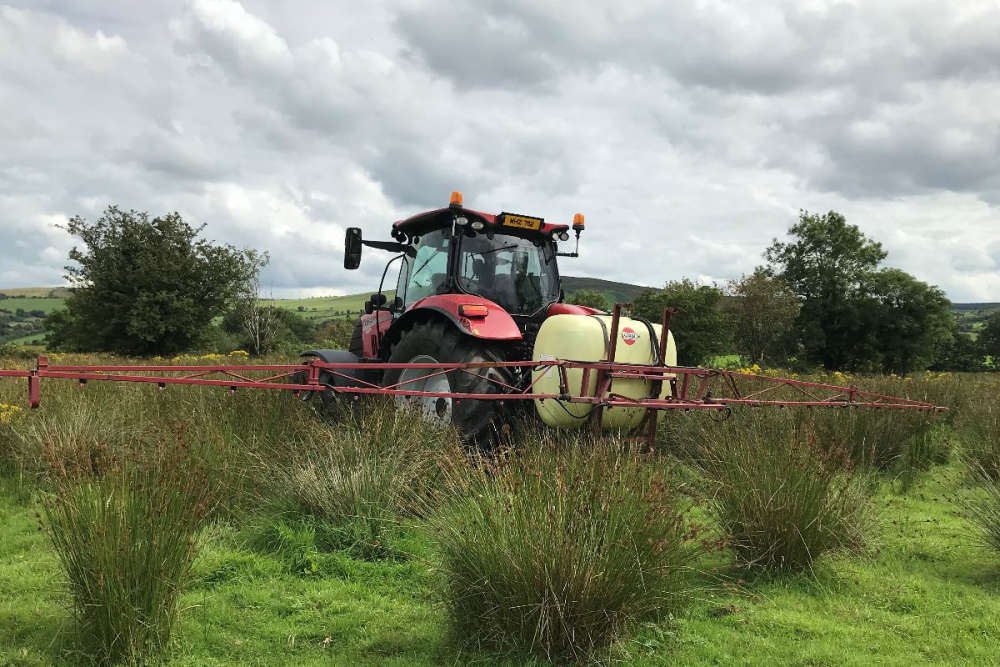
Pesticides harm drinking water while also having other adverse affects in the environment.
Studies have found that there was zero instances of pesticide excess in drinking water supply, in all midlands counties, in 2022.
Despite this, people are being urged to consider alternatives to pesticides, which frequently does harm drinking water and has other adverse affects in the environment.
Where pesticide use is deemed necessary, the National Pesticide and Drinking Water Action Group will work with communities to ensure all measures are taken to protect the water supply.
If pesticides have to be used, the basic steps to reduce risks to drinking water sources and the aquatic environment are:
- Choose the right pesticide product (products containing MCPA are NOT approved for use in weed-wipers and are not permitted to be used from the end of September until the beginning of March).
- Read and follow the product label.
- Do not use pesticides if rain is forecast in the next 48 hours.
- Make sure you are aware of the location of all nearby water courses.
- Comply with any buffer zone specified on the product label to protect the aquatic environment. Mark out the specified buffer zone from the edge of the river or lake or other water course and drainage ditches.
- Avoid spills, stay well back from open drains and rinse empty containers 3 times into the sprayer.
- Store and dispose of pesticides and their containers properly.
- Never fill a sprayer directly from a water course or carry out mixing, loading or other handling operations beside a water course.


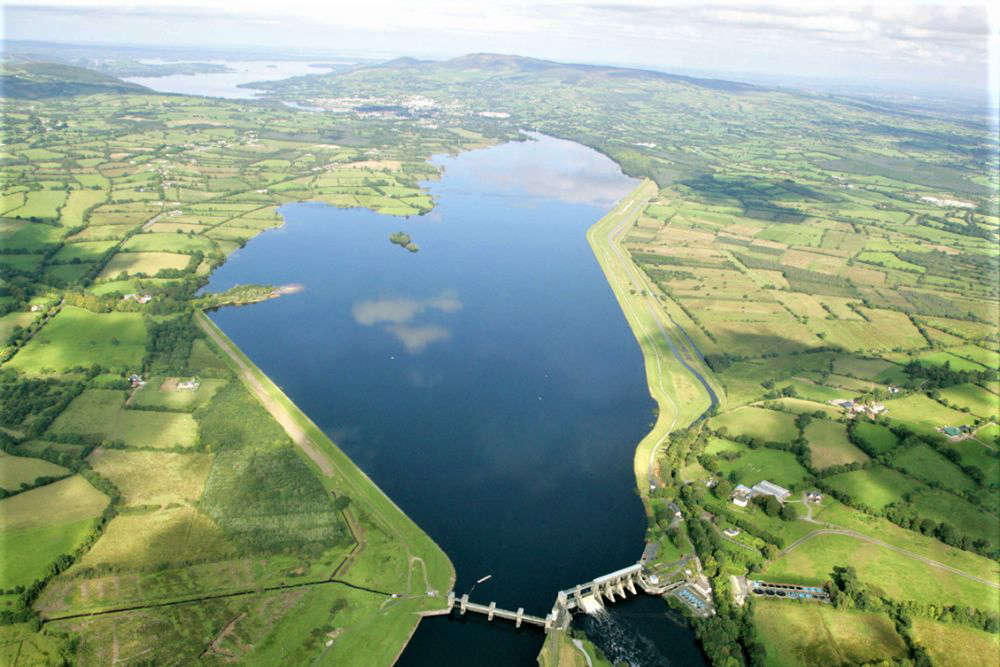 Uisce Eireann Submits Planning Permission For Midlands Water Supply Project
Uisce Eireann Submits Planning Permission For Midlands Water Supply Project
 GOAL Mile Returns To The Midlands For 2025
GOAL Mile Returns To The Midlands For 2025
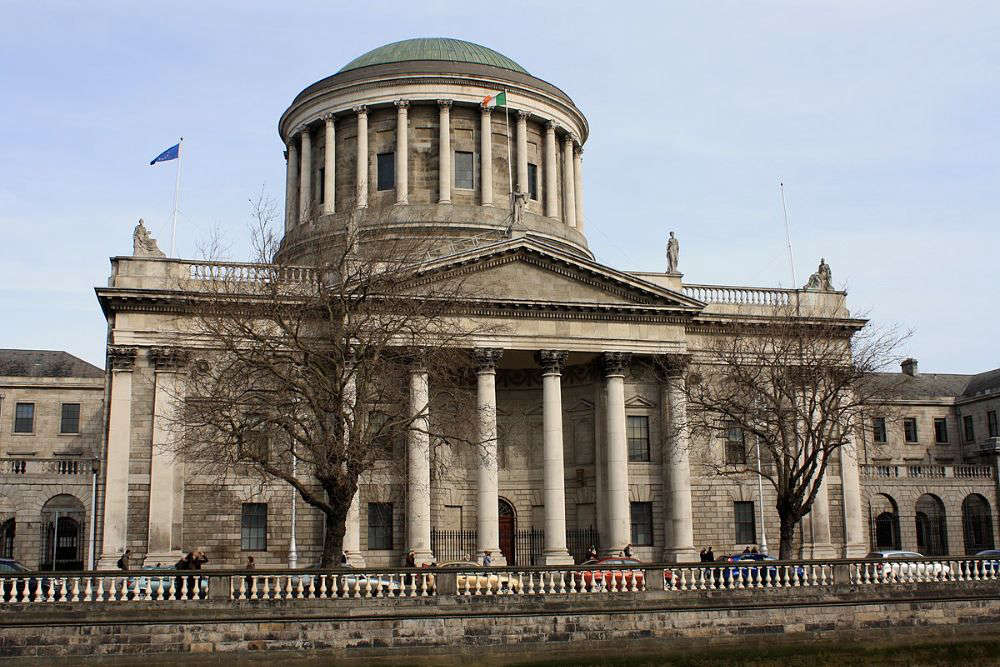 High Court Warns Crackdown on Court Disruptions
High Court Warns Crackdown on Court Disruptions
 New Programme For Laois And Offaly TY Students In Digital Arts
New Programme For Laois And Offaly TY Students In Digital Arts
 Man Jailed Over Westmeath Defilement Case
Man Jailed Over Westmeath Defilement Case
 Coillte Opens Applications for 2026 Forestry Scholarship
Coillte Opens Applications for 2026 Forestry Scholarship
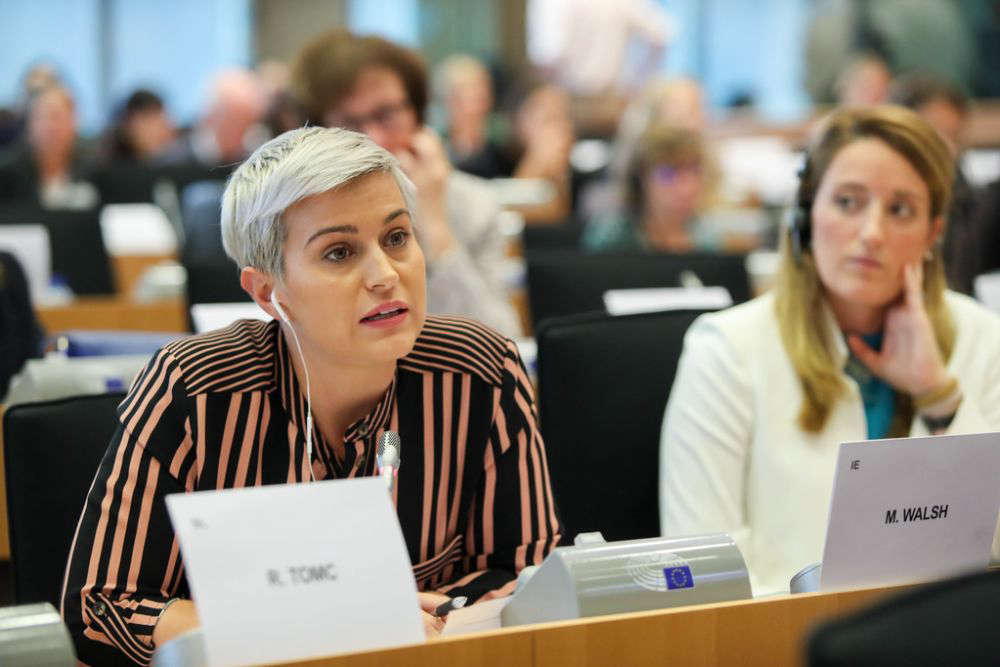 European Parliament Backs Initiative On Safe Abortion Access
European Parliament Backs Initiative On Safe Abortion Access
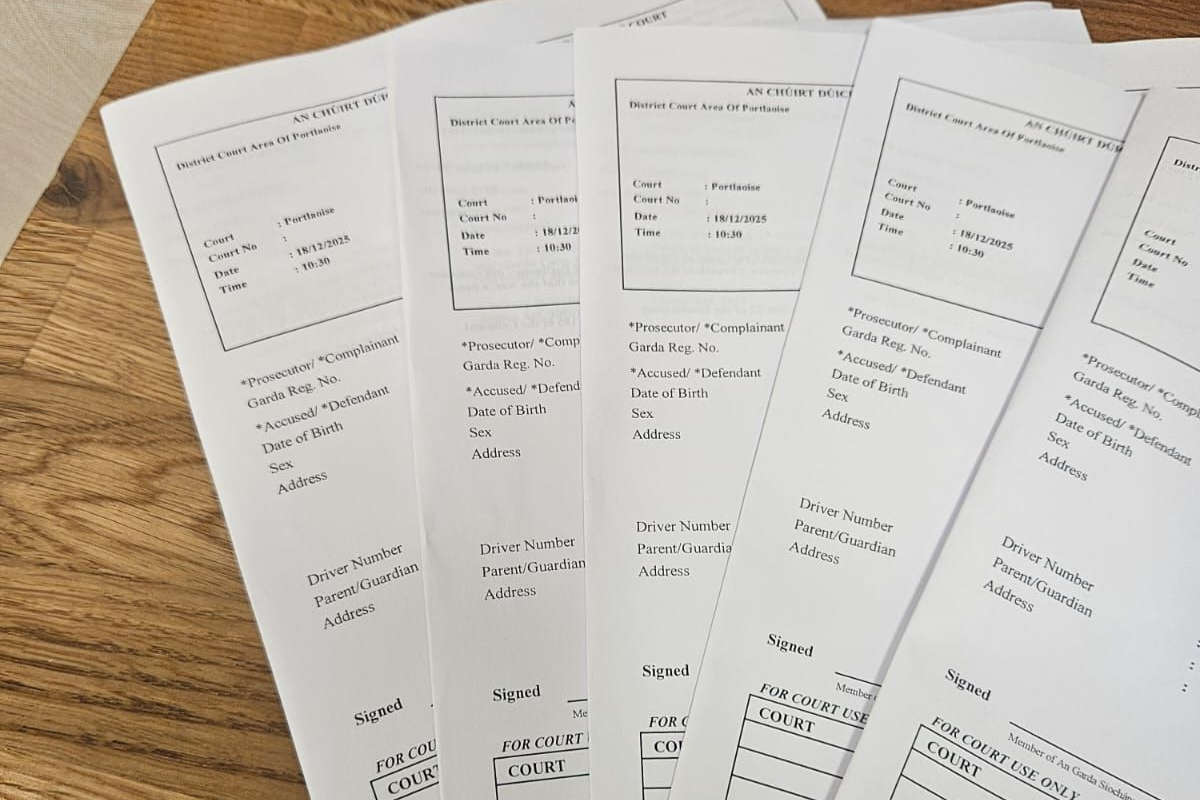 Man Arrested In Laois On Outstanding Warrant Following Public Tip-Off
Man Arrested In Laois On Outstanding Warrant Following Public Tip-Off
 Offaly Choir Bringing Festive Cheer To Church This Weekend
Offaly Choir Bringing Festive Cheer To Church This Weekend
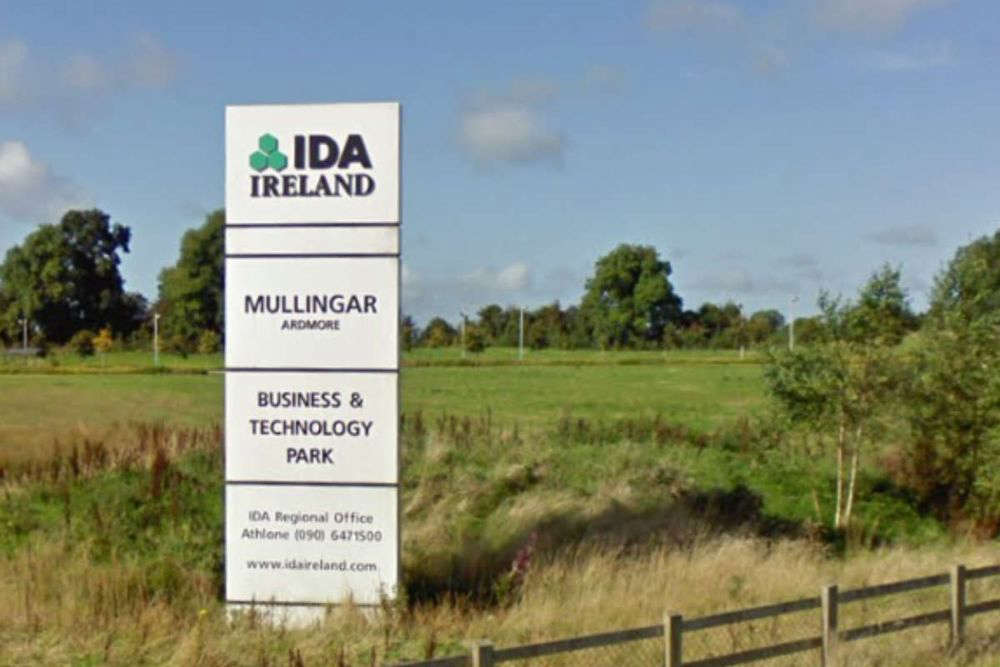 IDA Improve Number Of Investments In 2025
IDA Improve Number Of Investments In 2025
 Housing Commencements Rise In Midlands
Housing Commencements Rise In Midlands
 Portiuncula Maternity Alliance Push HSE For Set Timeline On Reinstating Services
Portiuncula Maternity Alliance Push HSE For Set Timeline On Reinstating Services
 Emergency Services Attending Scene Of Westmeath Crash
Emergency Services Attending Scene Of Westmeath Crash
 Taoiseach Under Pressure As Fianna Fáil Discontent Grows
Taoiseach Under Pressure As Fianna Fáil Discontent Grows
 Thousands Of Farmers Descend On Brussels To Oppose Mercosur Trade Deal
Thousands Of Farmers Descend On Brussels To Oppose Mercosur Trade Deal
 Calls Made For Greater Police Presence In Offaly Town
Calls Made For Greater Police Presence In Offaly Town
 Quarter Of Residents In Laois IPAS Centre Granted Permission To Stay In Ireland
Quarter Of Residents In Laois IPAS Centre Granted Permission To Stay In Ireland
 Man Arrested After Attack On Offaly Garda Station
Man Arrested After Attack On Offaly Garda Station
 Gardaí Investigating Criminal Damage At Midlands Pharmacy
Gardaí Investigating Criminal Damage At Midlands Pharmacy
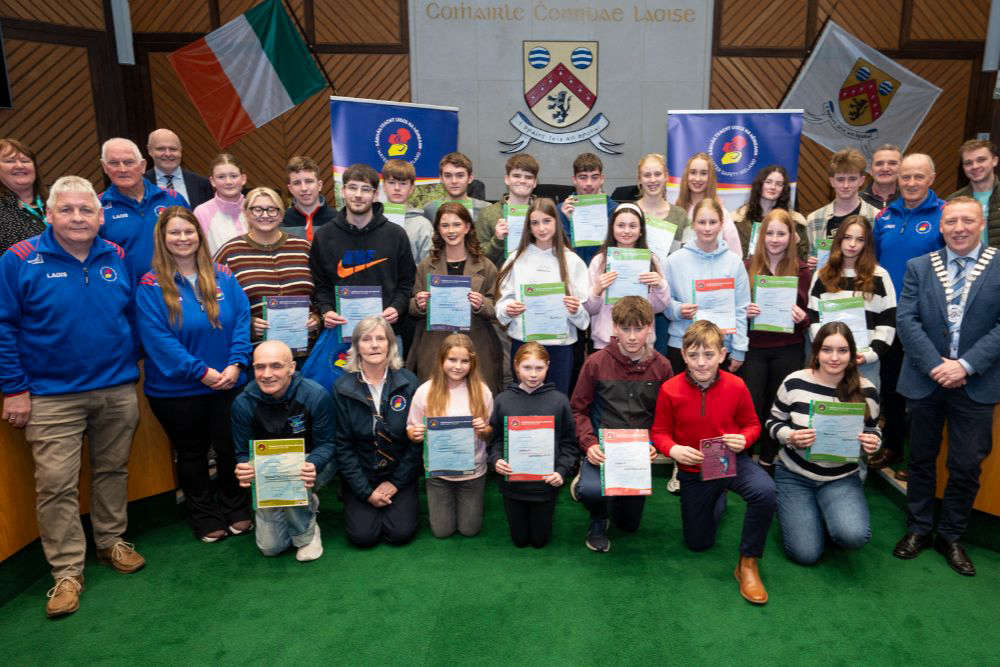 Midlands County Hosts Water Safety Awards Ceremony
Midlands County Hosts Water Safety Awards Ceremony